
Cars are seen in production at a BMW Brilliant factory in Shenyang, Liaoning province, last year. (YANG QING/XINHUA)
High-quality attraction
In recent years, China has been actively expanding opening-up and improving the business environment. As such, it has signed 19 free trade agreements with 26 countries and regions.
The number of items off-limits to foreign investors on the national negative list — which specifies restricted or prohibited sectors for such investors — and the number for the pilot free trade zones have been cut to 31 and 27, respectively.
Many experts believe that the government will introduce more measures to increase the FDI inflow and improve the FDI structure in the manufacturing sector.
Wang Wentao, minister of commerce, told a recent news conference in Beijing that attracting and utilizing more foreign investment will be "a key task" this year.
The country will make greater efforts to promote investment, improve services, expand opening-up and optimize the business environment in order to retain high-quality foreign investment and attract more investors from overseas, he said.
Taking effect on Jan 1, China's newest catalog of industries in which foreign investment is encouraged has continued to promote such inflows in manufacturing to improve the industrial and supply chains, while also promoting integration of the services and manufacturing sectors.
A report to the 20th National Congress of the Communist Party of China said the nation will pursue high-quality development as an overarching task, while making sure that the implementation of the strategy to expand domestic demand is integrated with its efforts to deepen supply-side structural reform.
The nation will boost the dynamism and reliability of the domestic economy while engaging with the global economy at a higher level, the report said.
Tang Yao, an associate professor of applied economics at Peking University's Guanghua School of Management, said: "China needs to improve the quality of trade while maintaining a stable degree of dependence on foreign trade (that is, the ratio of exports and imports to GDP). At the same time, it needs to pay more attention to attracting FDI in the high-tech manufacturing and services industries."
The country is expected to upgrade the quality of trade and the FDI structure and firmly uphold win-win international economic and trade cooperation as it advances toward Chinese modernization, which will follow a path of peaceful development, he added.
Wang, the commerce minister, said the country will thoroughly implement the foreign investment law and its implementation regulations to apply the national treatment of foreign enterprises with high standards.
As a result of government efforts to expand high-quality opening-up, improve the business environment and boost market confidence, global investors have become more bullish on the Chinese economy.
"We are greatly encouraged to see the introduction of policies and measures by the government to promote economic recovery and high-quality development, and believe it will help boost market confidence and advance market vitality," said Will Song, global senior vice-president of Johnson& Johnson, a multinational company based in the U.S.
"It sends a strong signal to the international business community that China is committed to being open to the world and welcomes multinational companies' investment and development," added Song, who is also chairman of Johnson& Johnson China.
Data from the Ministry of Commerce also reflect this growing confidence.
The actual use of foreign capital on the Chinese mainland hit 127.69 billion yuan ($18.5 billion) in January, up 14.5 percent from a year earlier. The manufacturing industry saw the relevant figure grow by 40.4 percent year-on-year in January, while the growth rate for high-tech industries was 62.8 percent.
Moreover, investment from South Korea, Germany and Great Britain soared by 64.2 percent, 52.9 percent, and 40.7 percent year-on-year, respectively, last year, while that from the European Union rose by 92.2 percent.
Schott, a German manufacturer of specialty glass and supplier of pharmaceutical packaging, plans to expand production in China this year. It has increased its global investment budget for this year to 500 million euros ($532 million), with 55 million euros allocated to the Chinese market.
During the fiscal year 2022, the company's revenue grew by 4 percent in China, despite the difficult global environment.
Schott's research and development center in Suzhou, Jiangsu province, has developed glass to suit the needs of Chinese smartphone brands such as Xiaomi and Vivo, enabling them to launch innovative foldable devices in recent years.
"In 2023, we maintain a positive outlook, although we still face global challenges, such as rising energy and raw material costs," said Frank Heinricht, Schott's CEO.
"In the past, foreign investment in China focused on low-cost manufacturing, but now foreign and Chinese partners work together on high value-added products and services. Such collaborations will provide strong impetus for China's long-term growth."








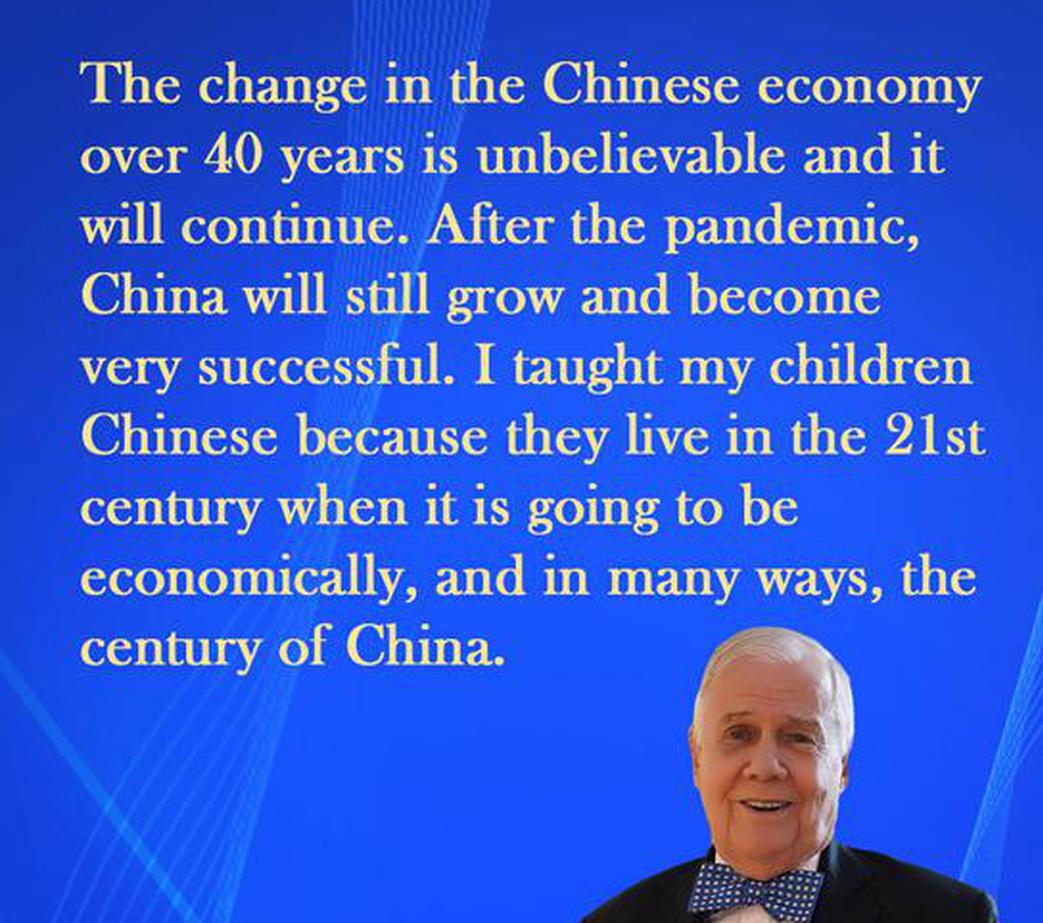




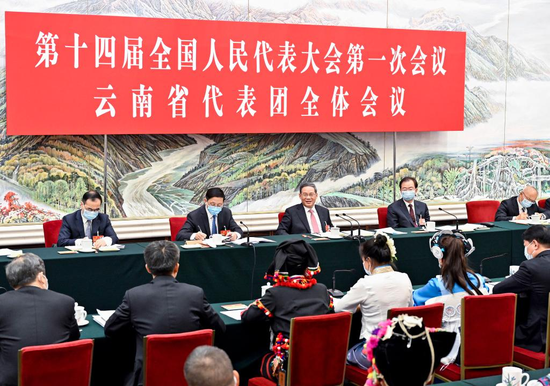
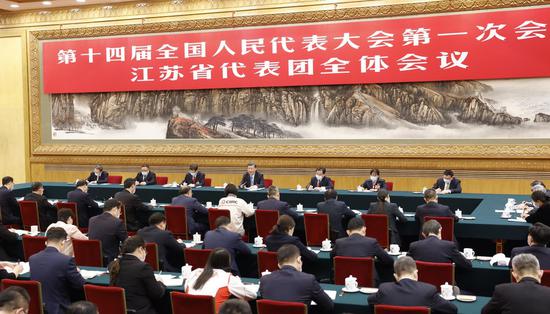

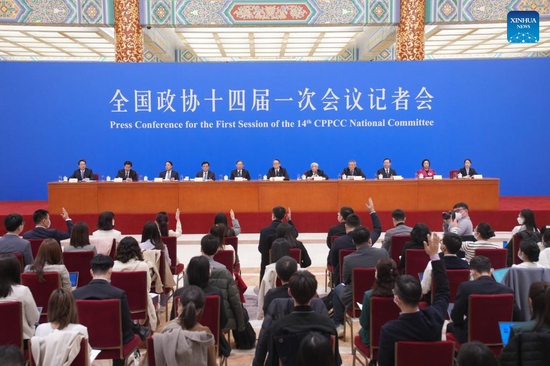
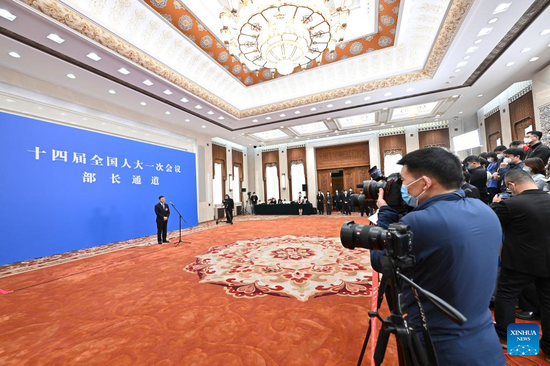
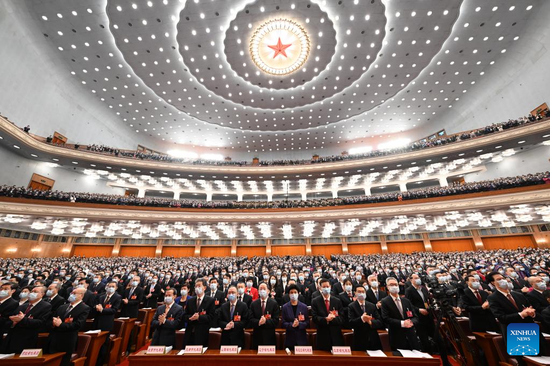
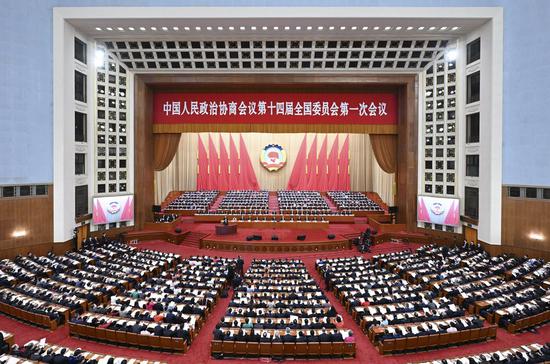

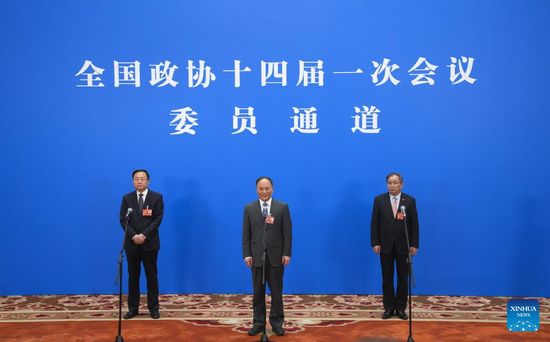
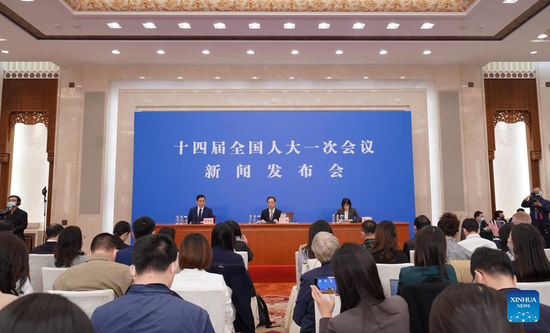
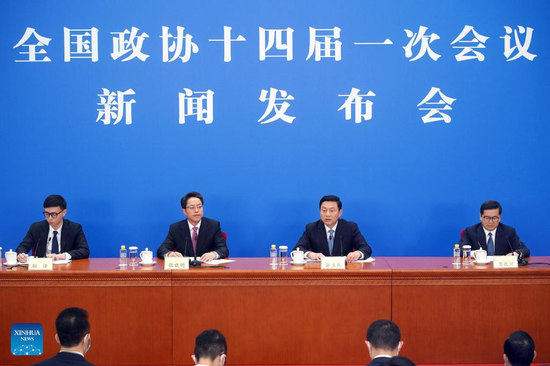
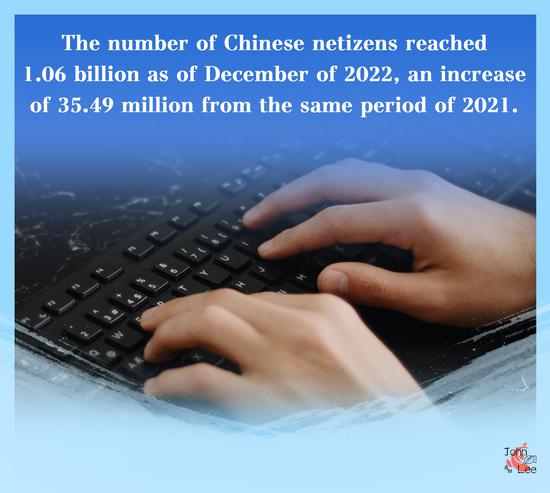
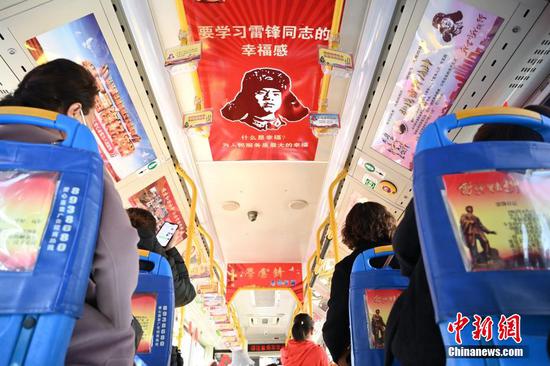
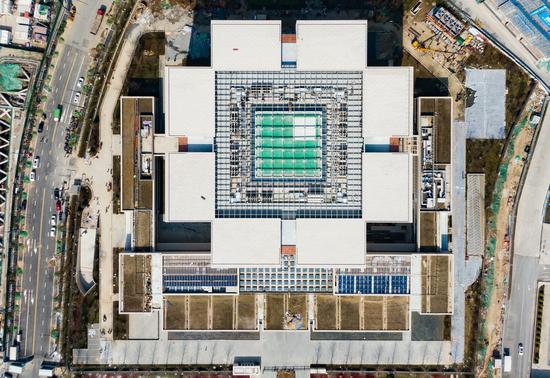

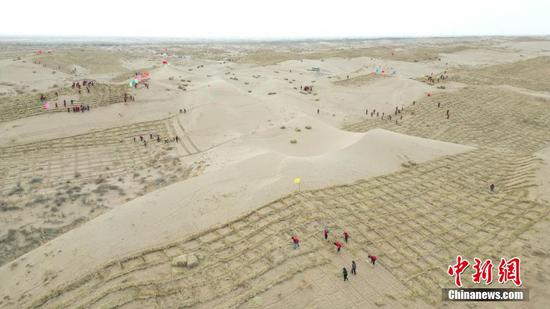





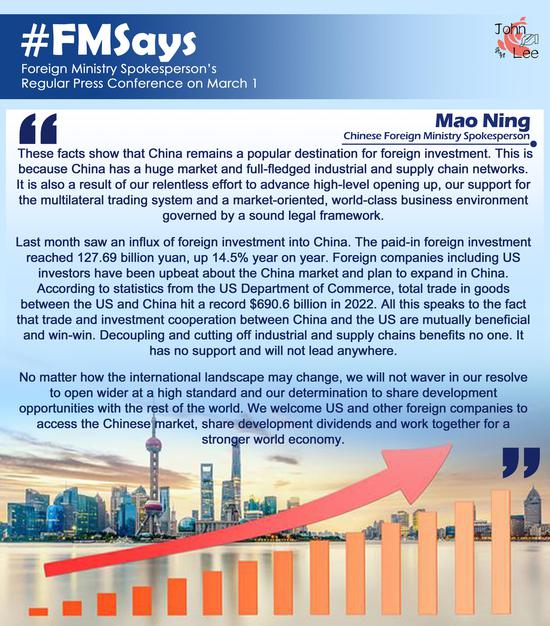
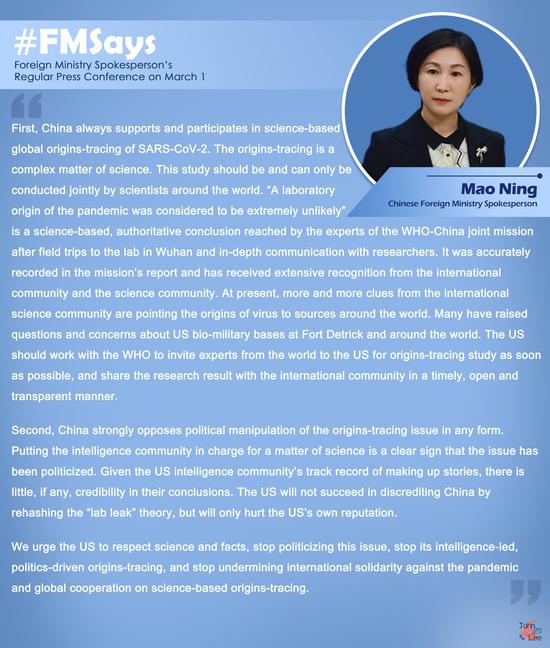



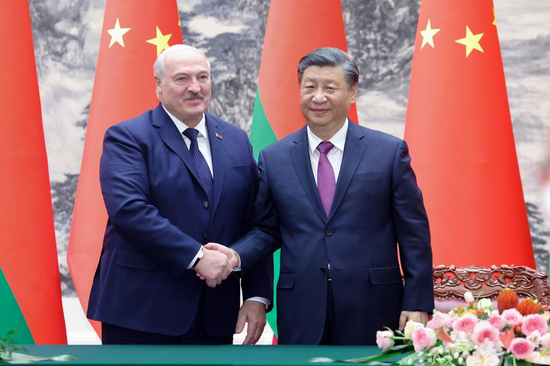


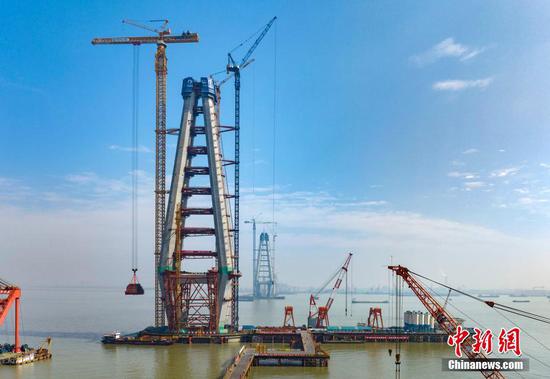
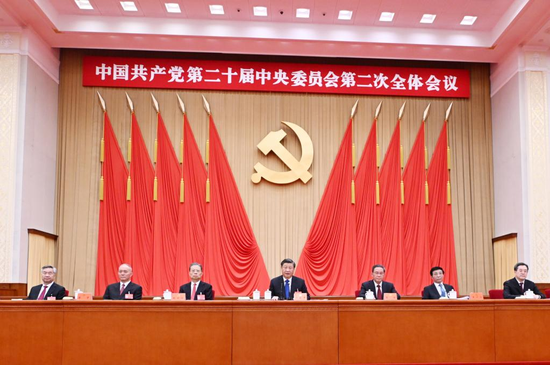
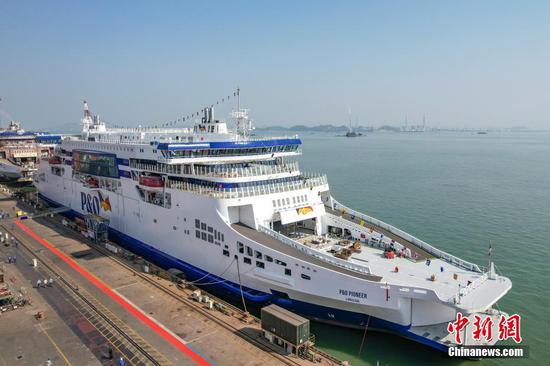





 京公网安备 11010202009201号
京公网安备 11010202009201号